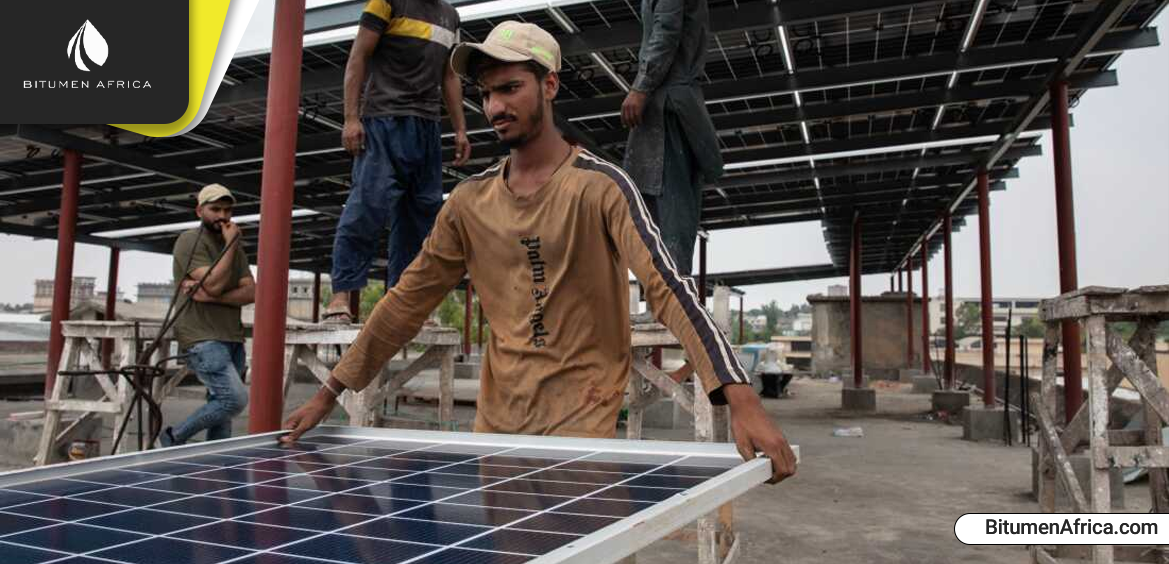In recent years, farmers across Pakistan have been transitioning from diesel-powered irrigation systems to solar energy. This shift is largely driven by rising fuel costs and unreliable electricity, making solar panels an attractive alternative for powering tube wells—motorized pumps that draw groundwater for crops. While the upfront investment in solar technology is steep, the long-term savings and smoother irrigation have made it a popular choice among farmers.
However, this clean energy revolution comes with a hidden cost. Experts warn that the widespread adoption of solar-powered tube wells could accelerate the depletion of Pakistan’s already stressed groundwater reserves. With solar energy providing uninterrupted access to irrigation, farmers may be over-extracting water, especially in key agricultural provinces like Punjab and Balochistan. These regions are vital to Pakistan’s food supply, and a drop in water tables could spell disaster for future crop yields.
Government officials are divided on the issue. Punjab’s irrigation minister acknowledges the environmental benefits of solar energy but also expresses concern over its impact on groundwater levels. Meanwhile, Pakistan’s Power Minister dismisses the idea that solar pumps are to blame for falling water tables. The lack of consensus highlights the urgent need for comprehensive groundwater monitoring and regulation to prevent long-term damage.
The situation is further complicated by external pressures. Climate change, population growth, and geopolitical tensions—such as India’s threat to suspend the Indus Waters Treaty—are intensifying Pakistan’s water crisis. Many citizens already lack access to clean water, and further depletion of groundwater could lead to food insecurity and social unrest. As the country grapples with these challenges, sustainable water management becomes more critical than ever.
A recent study by the Pakistan Agricultural Research Council and Wageningen University reveals that solar-powered farms extract significantly more groundwater than those using diesel pumps. In 77% of the cases studied, solar users drew more water under similar conditions. While solar energy offers economic and environmental advantages, its unchecked expansion could undermine Pakistan’s agricultural future. Balancing innovation with sustainability is the key to ensuring that solar irrigation remains a solution—not a new problem.

